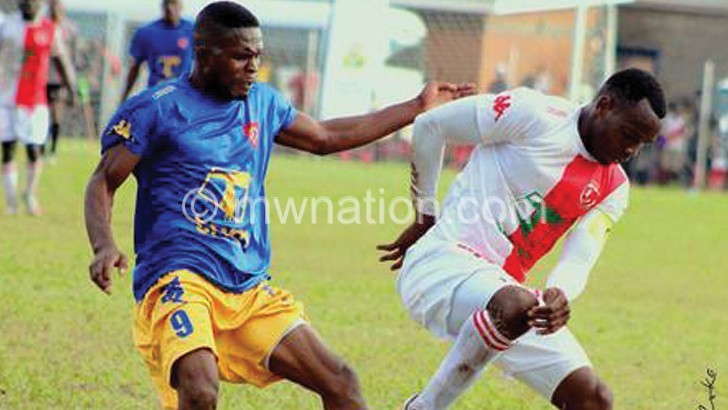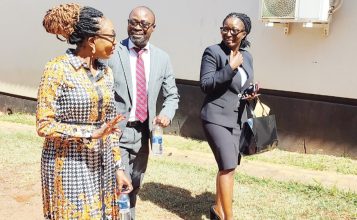Sports reforms suffer setback
MNCS will no longer implement electronic (e-) ticketing system among other reform areas, a development which threatens to delay implementation of the sports reforms under the Public Sector Reforms (PSR).
Malawi National Council of Sports (MNCS) executive secretary George Jana said in an interview that they have withdrawn from installing e-ticketing system because they do not have direct authority of the area.

“Sports Council does not own stadia where e-ticketing could be implemented,” he said.
According to the MNCS reform areas overview, e-ticketing system was meant to, among others, fight football tickets fraud thereby raising adequate resources for sports development.
The council has also dropped the formulation of physical education (PE) syllabus.
The development threatens to further delay implementation of the sports reforms which hugely aim at enhancing funds generation and nurturing young athletes.
“It [the council] does not have authority over the school curriculum,” he said in an e-mailed response.
Jana said since the reforms exercise took off all the MNCS has been doing was advocacy.
“What the council has been doing is to advocate for the implementation of the reform areas. Thus far, we have managed to sow the seed and the relevant institutions are looking to implement the reforms through their processes. We believe that both will soon be implemented,” he said.
Asked if they did not foresee the outlined challenges before taking up the responsibility to implement the reforms, Jana said: “The hurdles were noted from the word go and that is why our approach was always that of advocacy.”
Having been tasked to come up with new reform areas, Jana was noncommittal when asked to disclose the proposed areas: “We are still in discussion and will soon make a decision to be presented to the chief [technical] director for approval.”
The MNCS, in its reforms progress report issued last year, put the cost of installing e-ticketing system at around K300 million. The system was, as a start expected to be implemented at the Bingu National Stadium and Civo Stadium, both of which are government owned.
The formulation of the PE schools’ curriculum was a project to cost around K100 million.
Sports Council failed to implement the reform areas for three years largely because—as per sports authorities’ earlier confessions—of lack of funding as government was not coming forth with financial support.
However, chief technical director for the PSR in the Office of the President and Cabinet Seodi White said the council dropped the reform areas because it felt it did not have the capacity to effectively implement them.
“The procedure is that when a department or ministry thinks it cannot manage to fulfil its reform area it drops that particular area. So the Sports Council made a request to drop the two areas and based on the reasons they gave we accepted their proposal,” she said.
The development has pushed public reforms authorities to hunt for new implementers with the PE syllabus formulation reportedly adopted by the Ministry of Education, Science and Technology while mystery surrounds who will adopt the e-ticketing.
The formulation of the PE syllabus, according to the council, “would develop sport skills at younger ages allowing for adequate time for such to be perfected and have the youth mature in sport at the correct time.”
But White, without giving a timeframe, insisted that the reform areas dumped by MNCS will still be implemented.
She admitted though that the development will delay the implementation of the two areas.
“We expect the changes to cause some delays in implementation since those taking over will need to understand the concepts and all that. But we are optimistic that it will still happen,” White said.
Meanwhile, the PSR boss has said they have tasked the council to come up with new reform areas which it can pursue.
An analyst Higger Mkandawire has faulted MNCS for taking time to drop the reform areas having observed, at first, that it was not possible to implement them.
“It was very wrong for them to waste two good years doing nothing. It just shows how these policy makers take things for granted,” he said.
Mkandawire said PE is an important aspect in sports development, therefore, it needed special attention.
“I don’t understand why the Sports Council, which does not own teachers and schools, was given the role of coordinating the formulation of a syllabus. It’s only the Ministry of Education which can play this role because it has got technocrats,” he said.
“Next time we must treat sports issues with seriousness and not how these reforms that been carried out.” n





